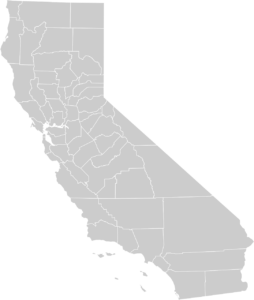The Takings Clause and a $23,420 fee.
Lawyers, if you have an argument about the reasonableness of a particular building permit fee, don’t forget to brush up on your Supreme Court precedent!

In Sheets v. County of El Dorado, CA , the Supreme Court of the United States addressed a case where the county imposed a traffic impact fee on new developments seeking a permit. The fee was based purely on a predetermined rate schedule (which took into account location, type of development, etc.). Unfortunately for the county, it did not assess the permit fee based on “the cost specifically attributable to the particular project.”
Sheetz, a property owner, brought his lawsuit alleging that the county failed to undertake an individualized assessment of his development’s impact, and as a result, he argued that the permit fee amounted to a Taking without just compensation. Ultimately, the California Court of Appeal sided against Sheetz (although interestingly the county backtracked on this argument at oral argument), determining that certain Supreme Court precedent didn’t apply to “legislatively prescribed monetary fees.”
Other state courts had reached different conclusions. As we know, state court splits are one of the reasons why the Supreme Court will decide to take a case, and SCOTUS announced as much here.
States are able to engage in land-use planning by exercise of their Police Power, but how does one balance that with The Taking Clause? SCOTUS reminds us that permits are complicated. A condition on obtaining a building permit could amount to “extortion” under the right circumstances. Here, however, the Supreme Court found that the California courts had erred by not even applying the proper test. As the Supreme Court put it, “[n]othing in constitutional text, history, or precedent supports exempting legislatures from ordinary takings rules.”
Because the California Court of Appeal did not consider the parties’ other arguments when it reached its improper conclusion, SCOTUS remanded the case for further proceedings.
Takeaways: Sometimes state courts–even state supreme courts–can muddle up constitutional issues. If you anticipate that you have a strong merits argument on a particular issue, consult an appeals lawyer early in litigation to make sure your case is on the best possible footing for future appeals.
Contact me to learn more.


